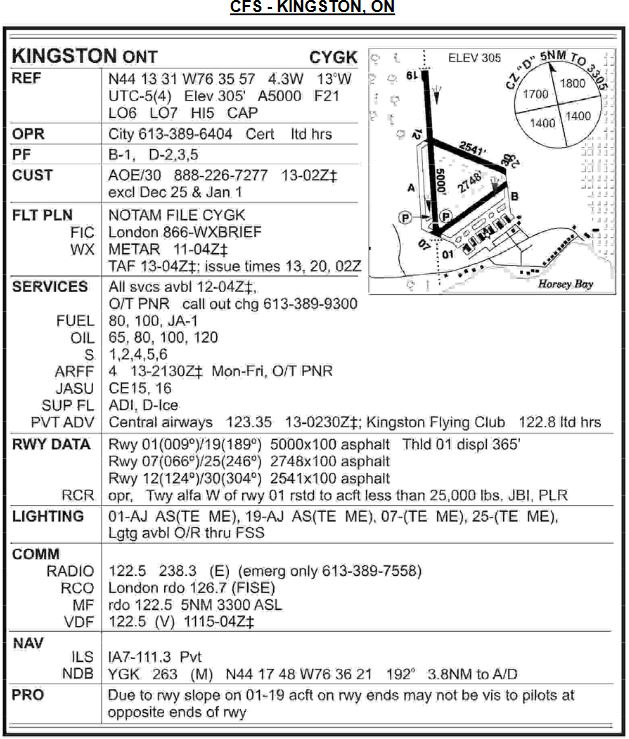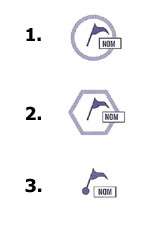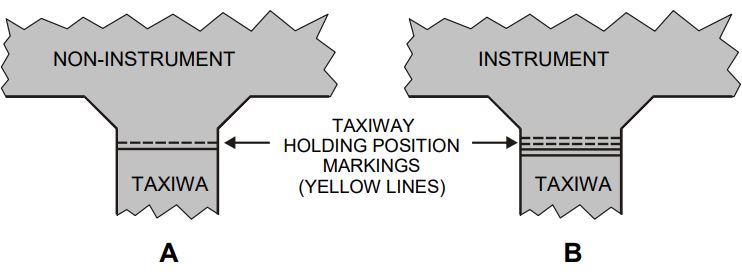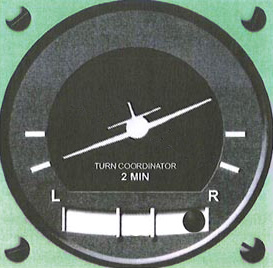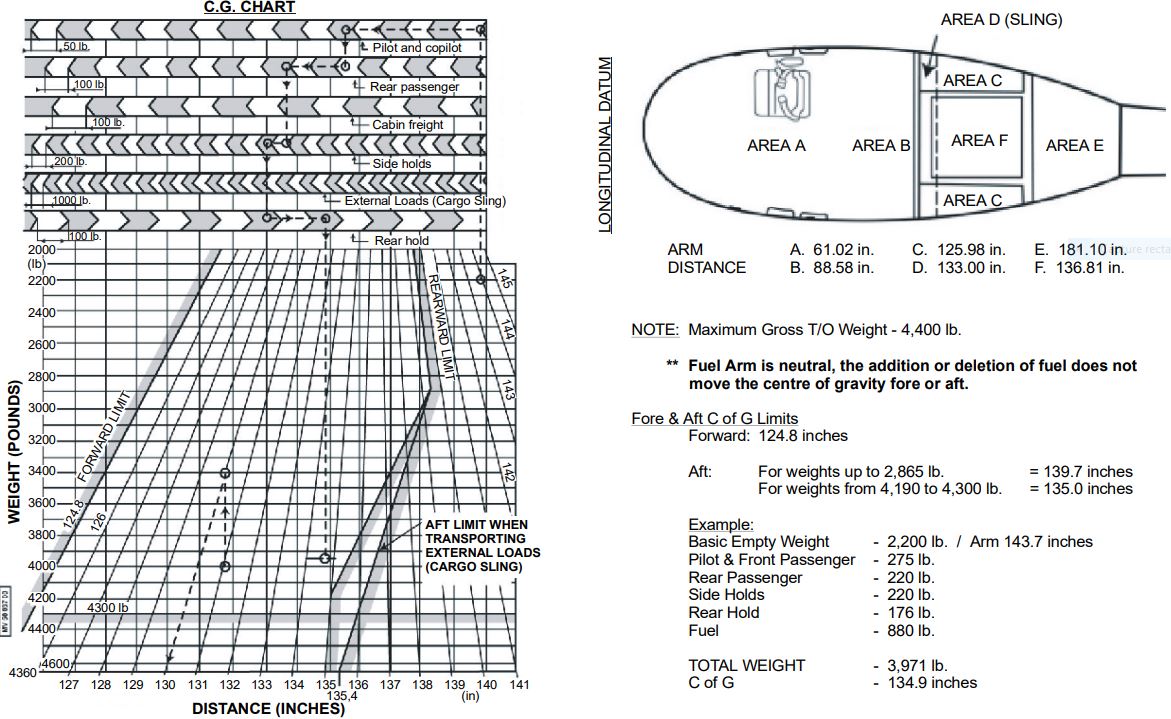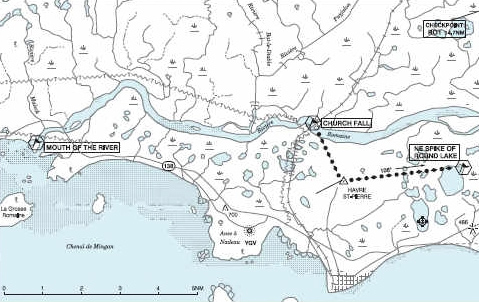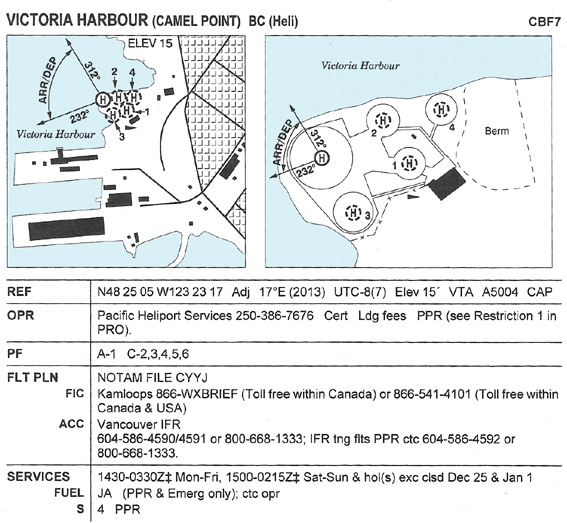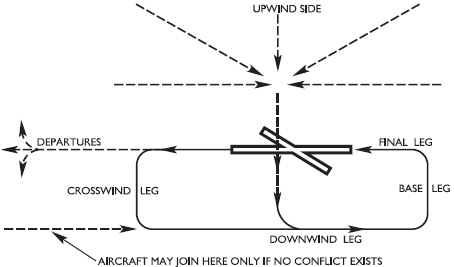Question 1-1 : The pilot keeps his device in sight at all times without visual aid for example binoculars or video feed without flying into clouds or fog or behind trees buildings or other even partial obstructions this definition refers to ? [ Training pilot ]
Question 1-2 : 101 interpretation definitions .the abbreviation srpa stands for ?
Question 1-3 : 101 interpretation definitions . night in canada is defined as that period of time between ?
Question 1-4 : 101 interpretation definitions . day in canada is defined as that period of time between ?
Question 1-6 : 101 interpretation definitions .a person which uses a remotely piloted aircraft rpa for commercial purpose is designed by the term ?
Question 1-7 : 102 application .for indoor or underground operations of a small rpas in line of sight ?
Question 1-8 : 103 istration and compliance .the owner or operator of an aircraft ?
Shall make the aircraft available for inspection with all relevant documents
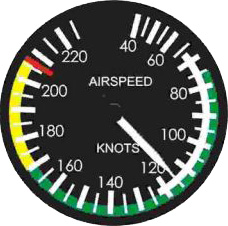
Question 1-9 : 103 istration and compliance .who may demand to inspect aviation documents ?
A peace officer an immigration officer or the minister

Question 1-10 : 301 aerodromes 301 08 prohibitions .no person shall walk drive or park any vehicle on any part of an airport used for the movement of aircraft except in accordance with permission given by the appropriate atc unit or in the absence of any such unit by ?
Question 1-11 : 601 airspace 601 14 interpretation .an area on the surface of the earth on which standing timber grass or any other vegetation or buildings are burning is ?
Question 1-12 : 601 airspace airspace structure classification and use .a 'controlled airspace' means an airspace of defined dimensions within which ?
Question 1-13 : 601 airspace airspace structure classification and use .designated airspace of defined dimensions surrounding an operating control tower at an airport is known as a n ?
Question 1-14 : 606 miscellaneous .explosives or weapons shall not be carried on board any rpas ?
Unless authorized
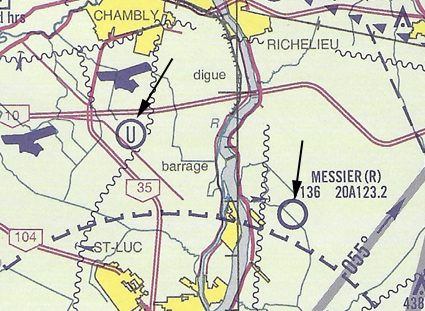
Question 1-15 : Specify the minimum flight altitude for a remotely piloted aircraft with the exception of take off launch approach landing or recovery ?
Try for free without registration.
Try our DEMO chapters to understand our system then create your account to prepare unlimitedly thanks to our questions, answers, explanations, courses, exams, reports, statistics, technical support ...
Join us and transform the way you learn with our engaging and efficient learning environment.
Exclusive rights reserved. Reproduction prohibited under penalty of prosecution.
Free Training Exam Other source study: Ulm theorique examen 2


